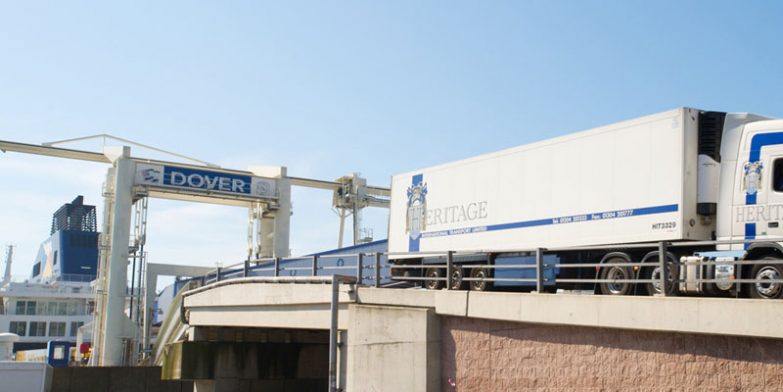
The government has confirmed it will not seek an extension to the Brexit transition period, but the coronavirus crisis has forced a rethink, with businesses able to defer customs declarations and tariff payments for six months and some physical checks delayed to July.
Full import controls were due to be imposed at the end of the transition period from the 1st January 2021, but the UK will now implement the new border controls in three stages up until 1st July 2021.
In response, the EU said it would implement full checks on UK exports at the start of 2021.
From January; traders importing standard goods will need to prepare for basic customs requirements, such as keeping sufficient records of imported goods, and will have up to six months to complete customs declarations.
While tariffs will need to be paid, payments can be deferred until the customs declaration has been made and businesses will need to consider how they account for VAT on imported goods.
There will be checks on controlled goods like alcohol and tobacco.
There will also be physical checks at the point of destination, or other approved premises, on all high-risk live animals and plants.
From April; all animal products (meat, pet food, honey, milk, egg products, regulated plants and plant products) will require pre-notification and the relevant health documentation.
From July; traders will have to make declarations at the point of import and pay relevant tariffs.
Full Safety and Security declarations will be required, while for sanitary and phytosanitary (SPS) commodities, there will be an increase in physical checks and samples, with checks for animals, plants and their products Border Control Posts.
The government also committed to building new border facilities for carrying out checks and will build new inland sites where these checks and other activities will take place.





